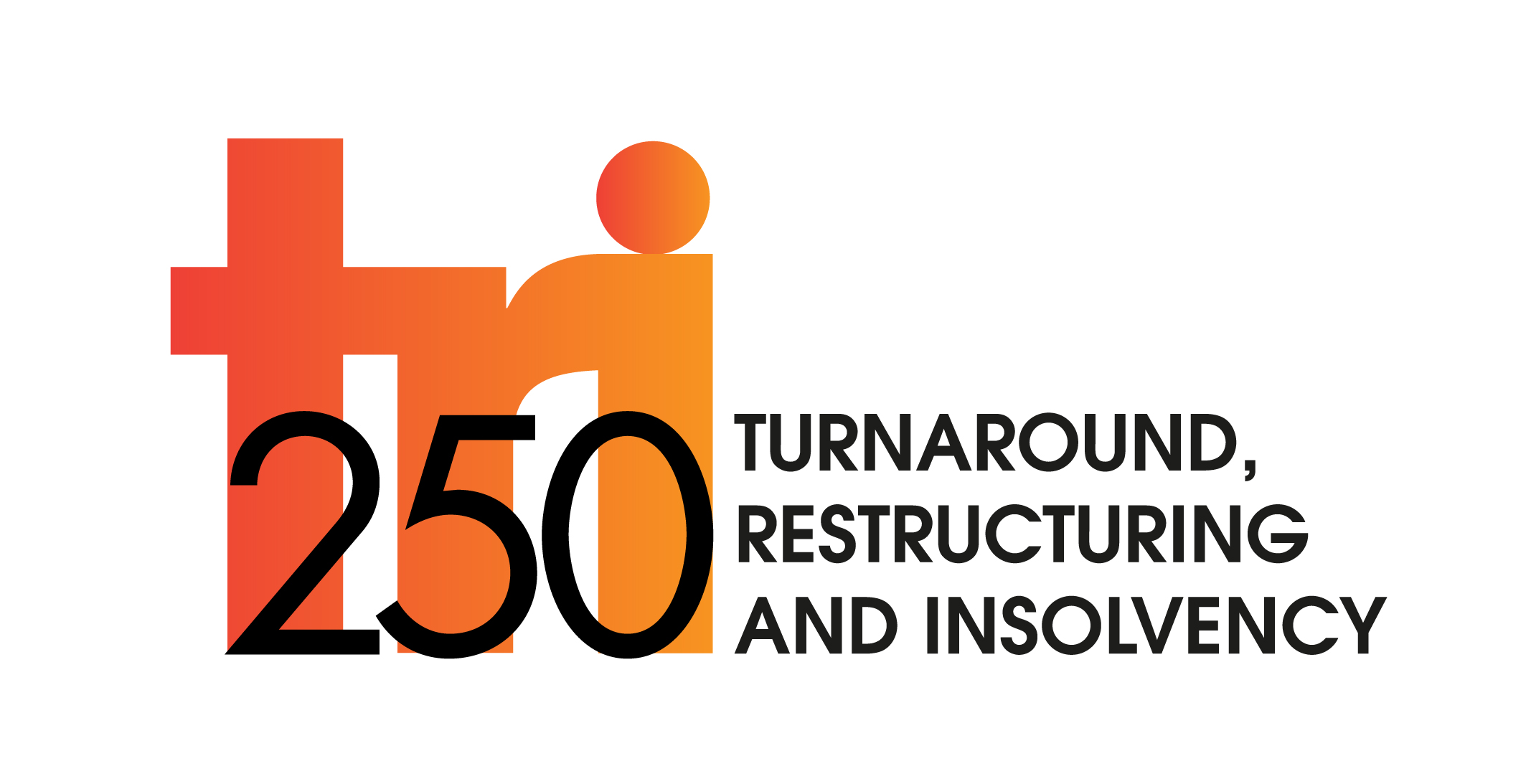Alexander is a partner in our dispute resolution and litigation team specialising in contentious and non-contentious insolvency.
Alexander prides himself on his ability to act quickly and efficiently in relation to commercial disputes. He recognises the importance of commercial considerations when working with clients and takes the view that litigation should only be used as a last resort.
He draws on his previous experience within commercial firms and his knowledge of corporate law to understand his clients’ needs and objectives.
Expertise
Alexander works with a wide range of individuals and businesses in relation to all forms of commercial matters and disputes, including banking and finance, and contract and insurance disputes.
He has built a reputation as a leading insolvency lawyer working on a range of contentious and non-contentious cases from general restructuring options to more complex recovery actions under misfeasance, wrongful trading and antecedent transactions.
Alexander has a particular expertise in office holder claims and recovery actions, many of which have had complex international aspects or have been reported. His cases have led to him undertaking enforcement action in jurisdictions such as the BVI, Barbados and Florida.
Alexander regularly works with:
- insolvency practitioners
- directors of companies facing insolvency
- directors involved in boardroom or shareholder disputes
- funders
- creditors
- SMEs, PLCs or sole traders involved in commercial disputes.
Recent work includes acting for:
- An insolvency litigation financing company, against a sole director investigated for suspected suppression of sales which resulted in a £4m judgment.
- A group of companies defending a £2.4m claims against them for transactions at an under value and preference payments.
- The liquidator of golf tour company in a claim for wrongful trading and breach of duty against a director.
- An independent trader in relation to a priority dispute over a c£1m fund following administration of a company.
- The liquidator of a children’s care home who brought a claim against a shadow director for breach of fiduciary duties.
- A group of companies who manufacture and sell pharmaceutical products in a c£4m priority dispute against an asset based lender.
- Acting for two directors of a company in administration in respect of claims made personal guarantees.
Alexander studied law at the University of Portsmouth in 2010 and then undertook the LPC at the College of Law, Guildford in 2011. He joined Debenhams Ottaway as a trainee and qualified in 2014. He was promoted to senior lawyer in 2019 and joined the partnership in 2021.
In Touch
Alexander is a member of the London Solicitors Litigation Association (LSLA) and R3, the trade association for UK insolvency and restructuring professionals.
He jointly runs the FIRE network for professionals in the funding, insolvency, restructuring and private equity professions.
Alexander Neale's news
We are already whizzing through 2024 and it has been a troublesome few years for many following the Covid 19 pandemic coupled with the cost of living crisis and rise…
Want to enforce a county court judgment, only have an address and don’t know what assets the debtor has? If the judgment debt is over £600, an effective way to…
Re-using a company name following insolvency: A restriction for company directors
When a company goes into insolvent liquidation, as a company director you can be restricted for five years from being involved in another company or business (including as a sole…
Top tips to pandemic-proof your business for the next stage of Covid-19
It’s been almost six months since lockdown restrictions were lifted. But with Covid variants bringing new challenges, the long-term impact of the pandemic is as uncertain as ever. For business…
Debenhams Ottaway’s commitment to developing its people
Two senior lawyers join partnership in latest round of promotions From 1 May 2021 Debenhams Ottaway welcomes two of its senior lawyers to the partnership, corporate lawyer James Brawn and…
Alexander Neale case studies
- A high value insolvency case on behalf of insolvency litigation financing company, Manolete Partners Read more
- Working with liquidators to bring a claim against the directors of a fabricated building company Read more
- Helping joint liquidators claim against a multinational bank for undervalued transactions and breach of duty Read more
- Helping office holders in high value, multi-jurisdiction bankruptcy Read more
- The liquidators in a claim against directors of a financial institution Read more
-
The Legal 500 UK 2023Alexander Neale heads up an extremely competent team focusing on insolvency and restructuring from the debt recovery end to large scale corporate restructuring.
-
The Legal 500 UK 2023Alexander Neale is technically brilliant, charming and easy to deal with which means that as an opposing solicitor there is no game playing or unnecessary correspondence, just hard facts and options, which is very refreshing.
-
The Legal 500 UK 2023Alex Neale is a fantastic lawyer. Great to work with and always puts in the extra effort for clients. He is very capable and conscientious and is excellent at settling disputes
-
Del DervinAlexander always acts in the best interests and needs of his clients, being thorough and prepared in all his work. Importantly he delivers the best results for his clients and whatever the outcome may be, exceed expectations. I offer my highest recommendations.
-
Mena Halton, Manolete Partners PlcProactive and commercial advice at all times and excellent legal and negotiations skills. Responsive, constructive and effective.
-
Legal 500 UK 2024Alexander Neale is extremely capable, bright, great to deal with, and very pragmatic when working collaboratively with his opposing solicitor to achieve realistic outcomes for his clients.
-
Legal 500 UK 2024Alex Neale is an outstanding lawyer who gives clear legal and commercial advice at all times and is a joy to work with. Alex excels at mediation and in addition to his formidable legal skills is all over the numbers in forensic detail. He is an excellent litigator, who understands the nuances of presenting the best case while navigating a commercial conclusion for all stakeholders.
-
Legal 500 UK 2024Alex Neale is a top-class solicitor. He is clever, diligent and always goes the extra mile for clients. He is also a pleasure to deal with and handles the cut and thrust of litigation with maturity and a cool head.
-
Legal 500 UK 2024Juliet Schalker and Alex Neale run a very capable ship. They are all very bright and pragmatic solicitors who work collaboratively.
-
Chambers UK 2024Alex is an outstanding insolvency litigator; you always feel like your case is being advanced in the best possible way and his advice is very thorough.
-
Chambers UK 2024He is great at client management and goes above and beyond. He is very good at communicating and settling disputes with clients’ interests in mind.
-
Chambers UK 2024Alex is an excellent solicitor with a sharp commercial perspective on every matter.


